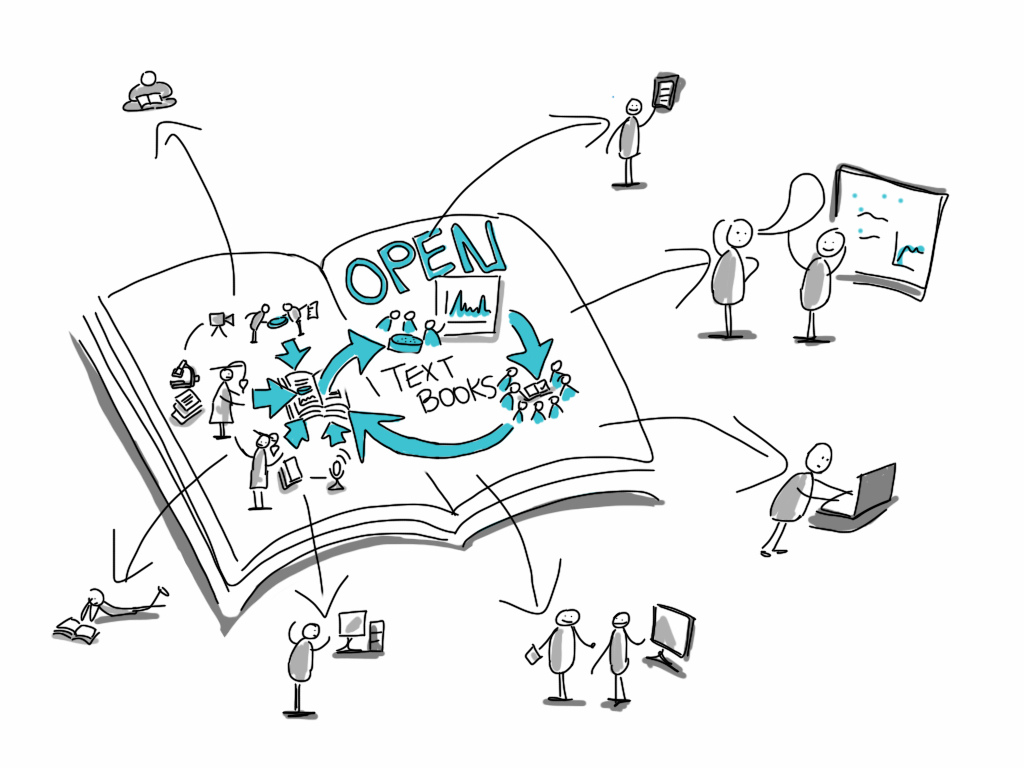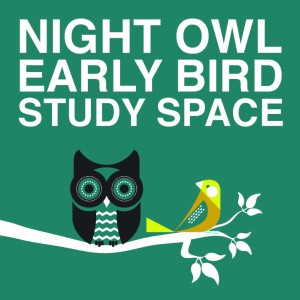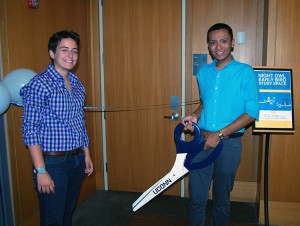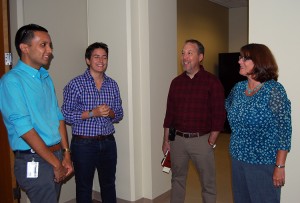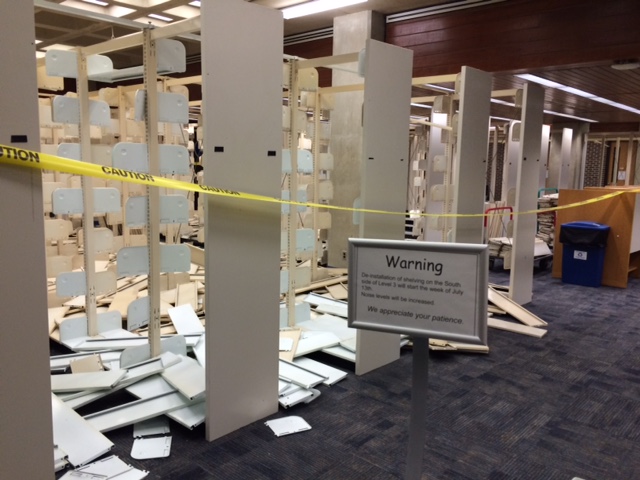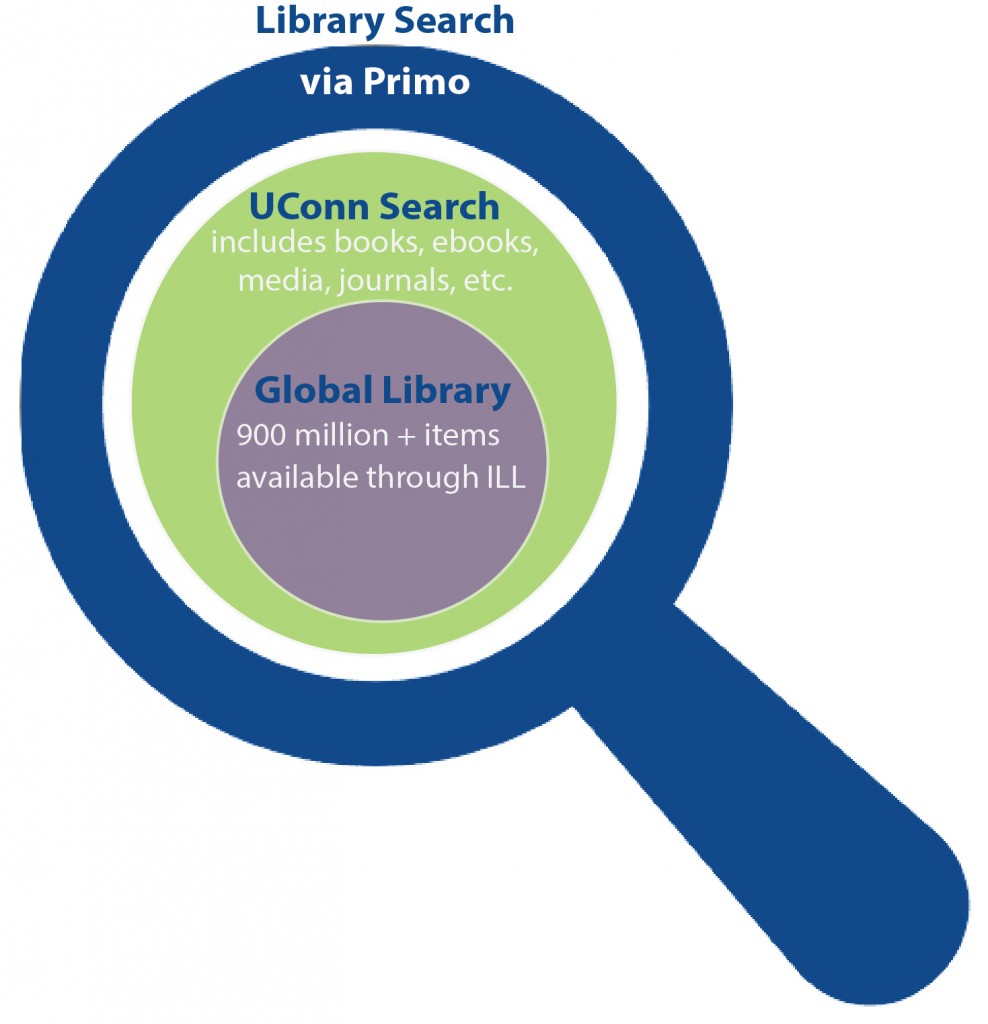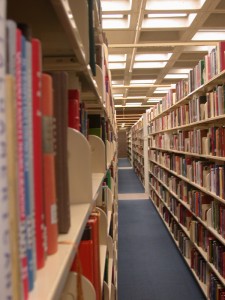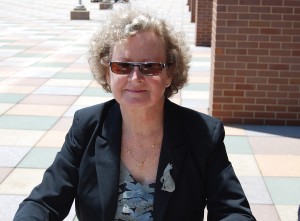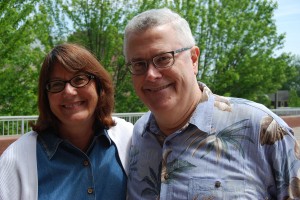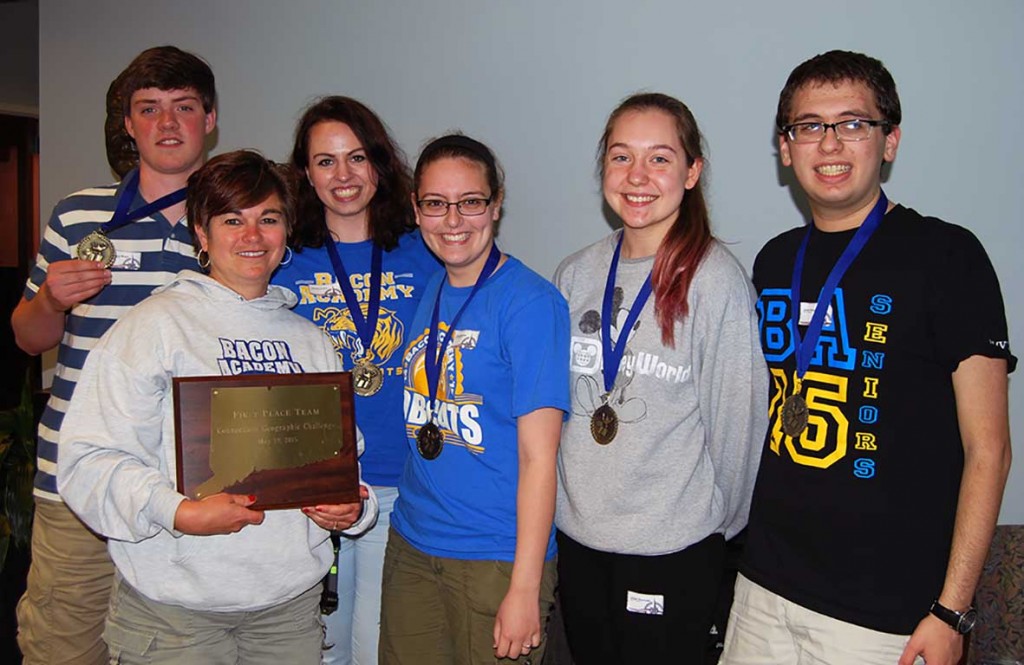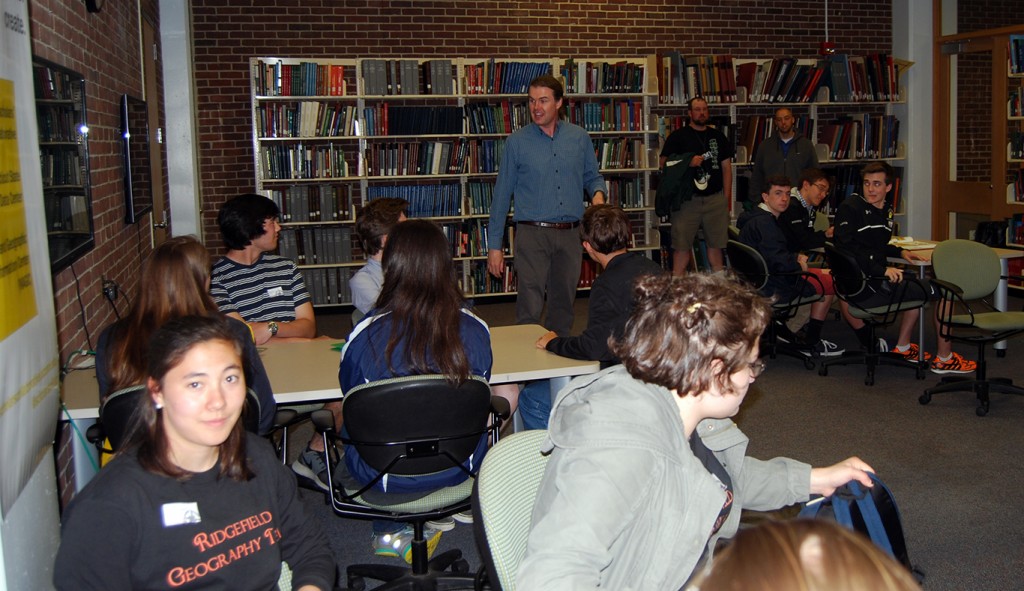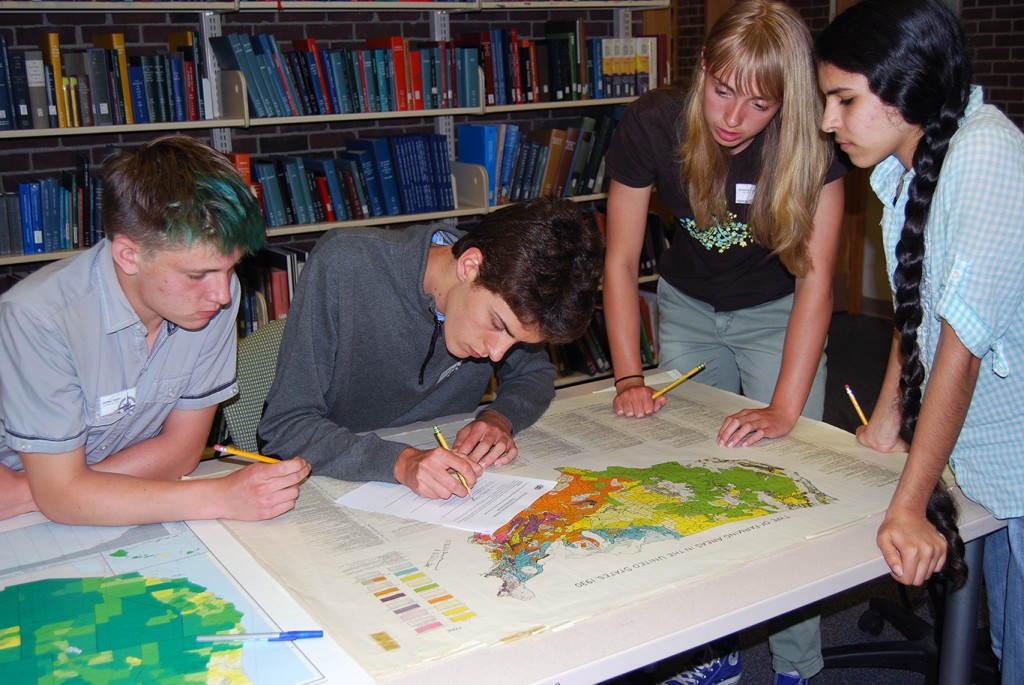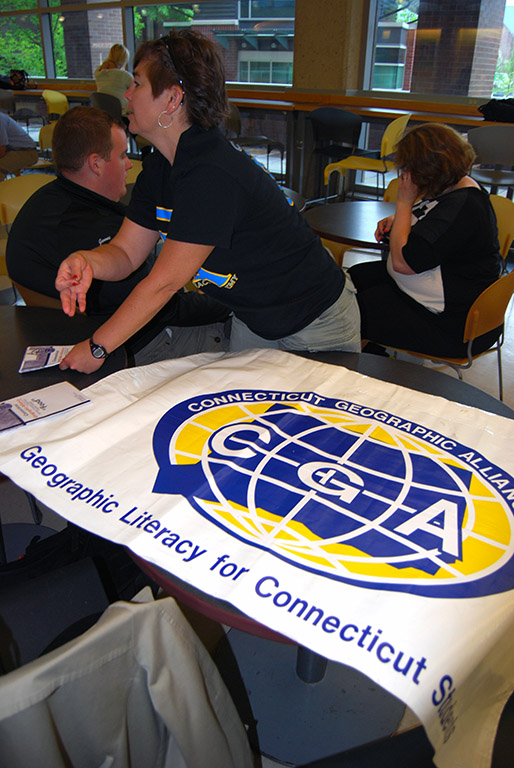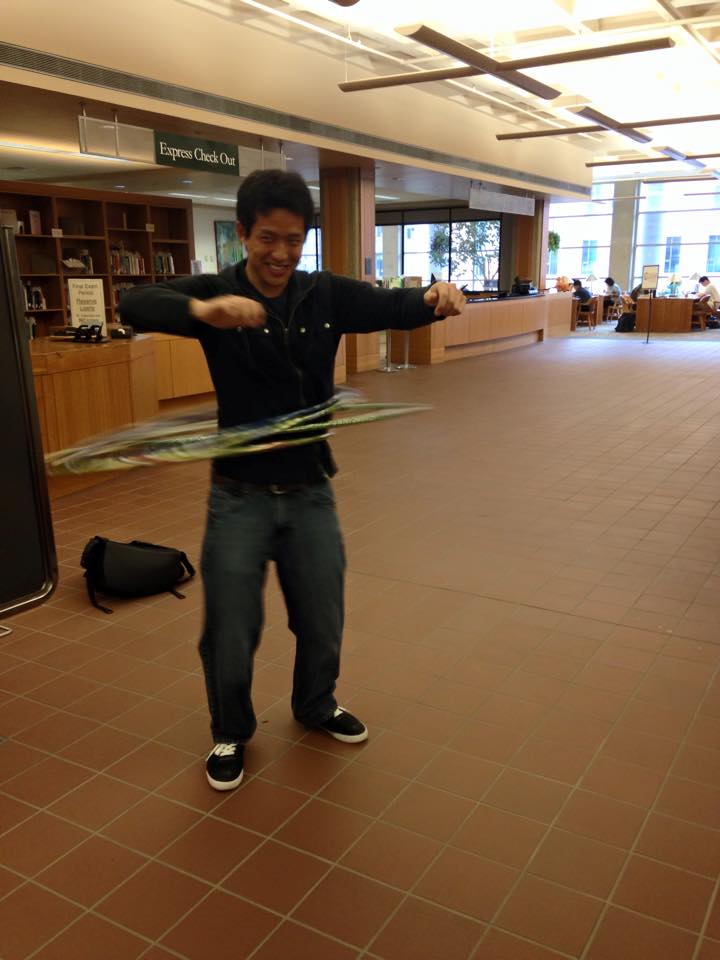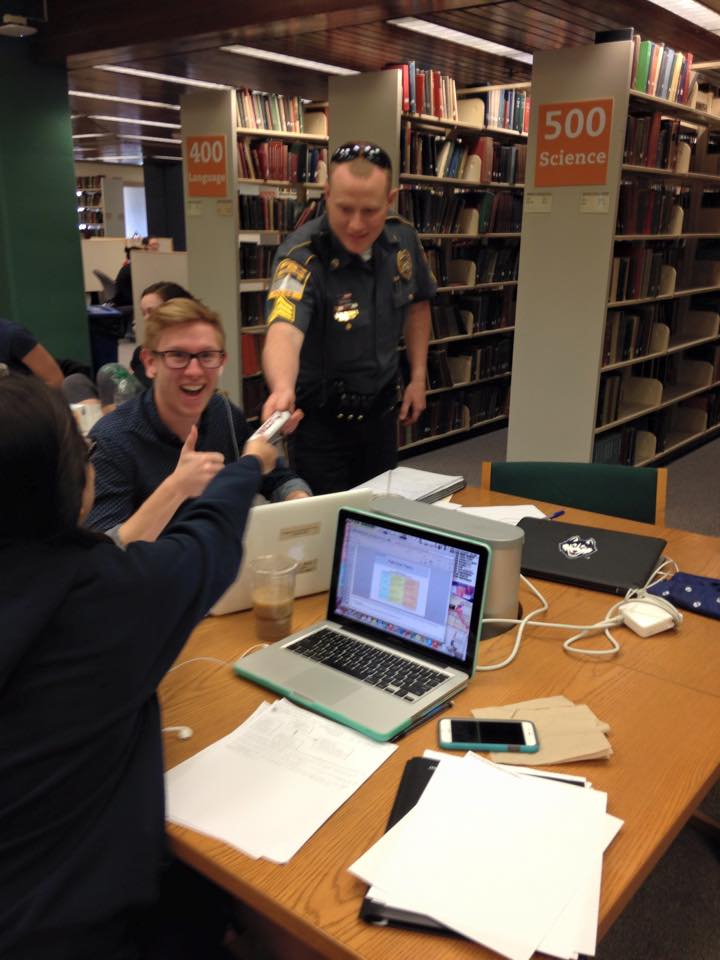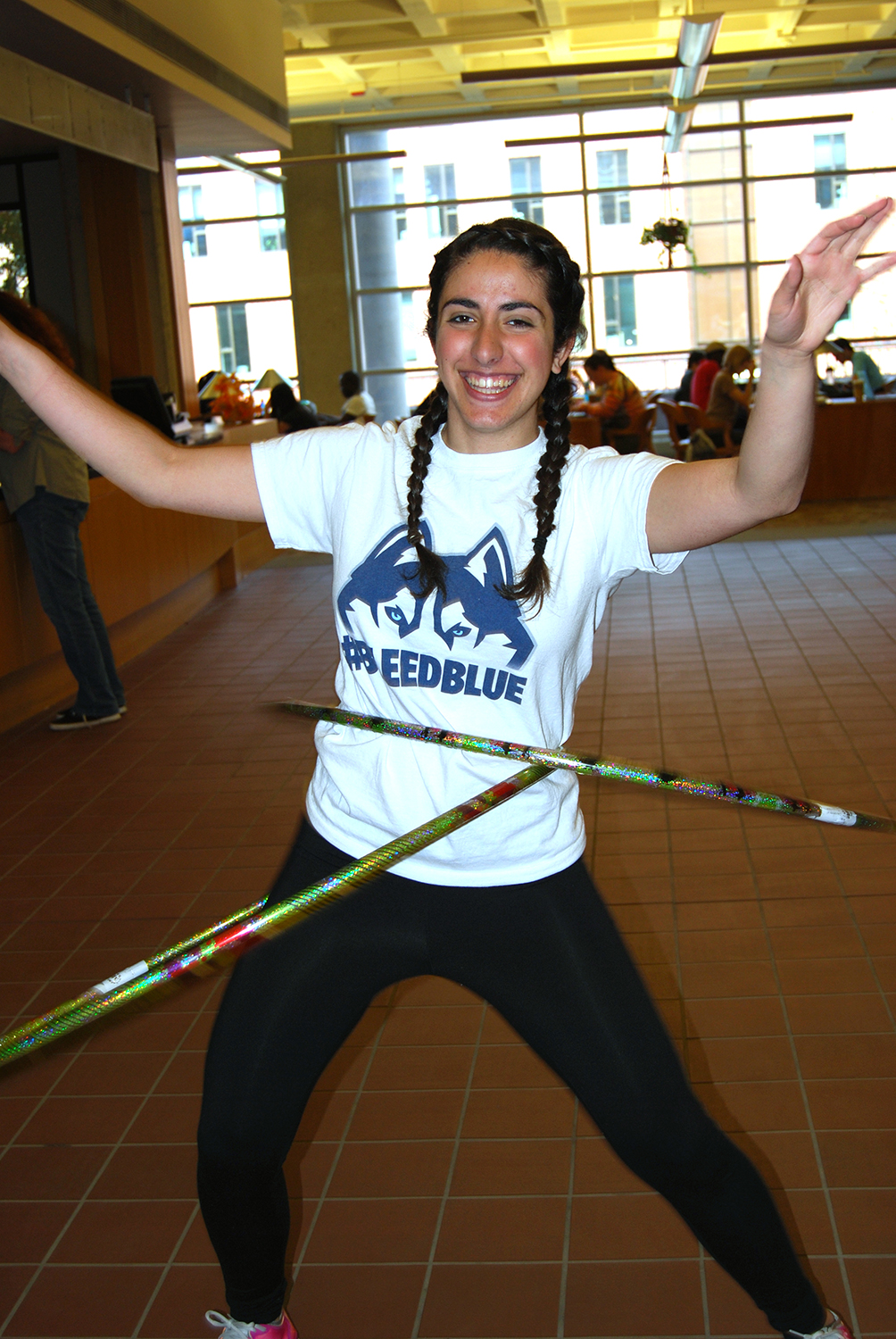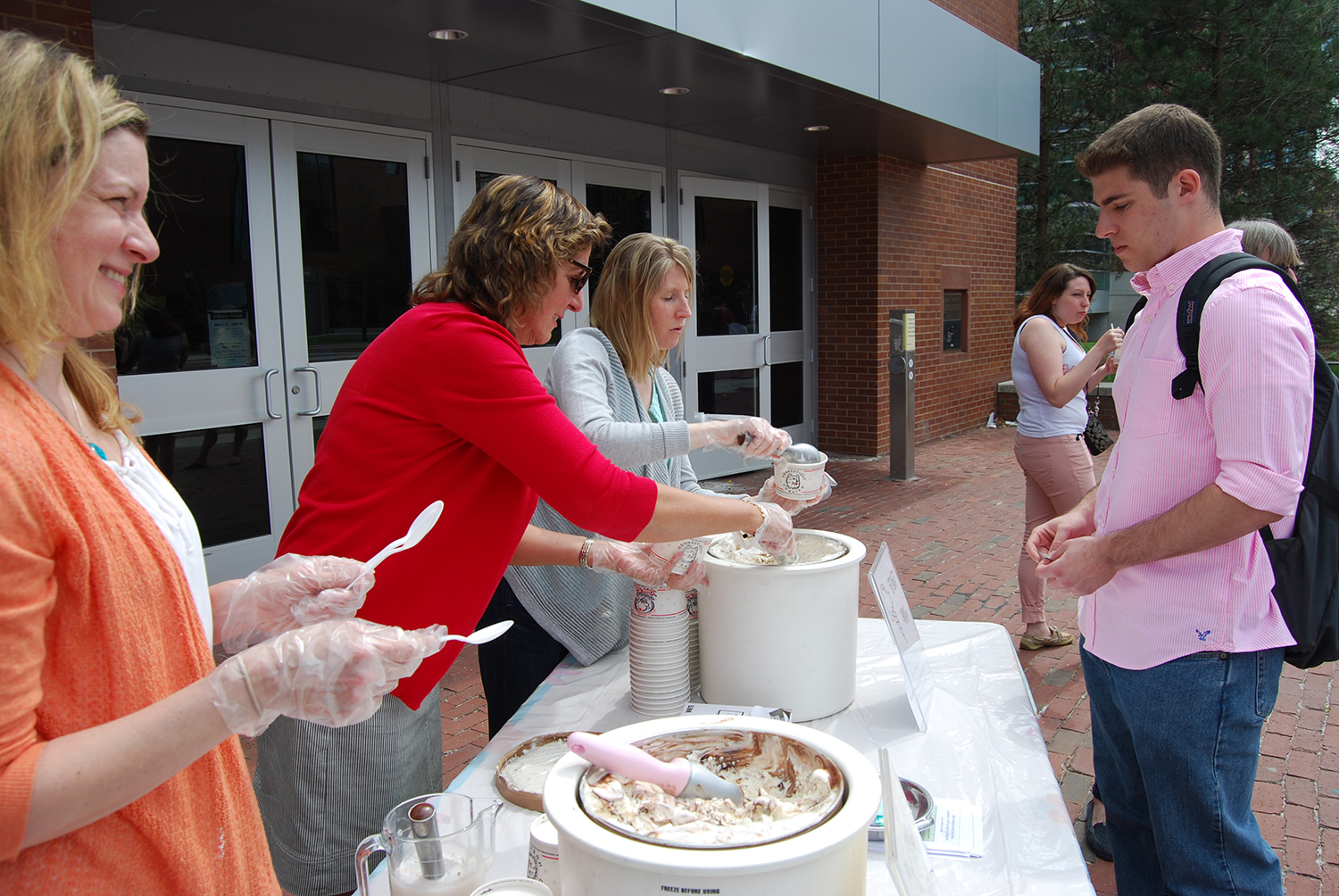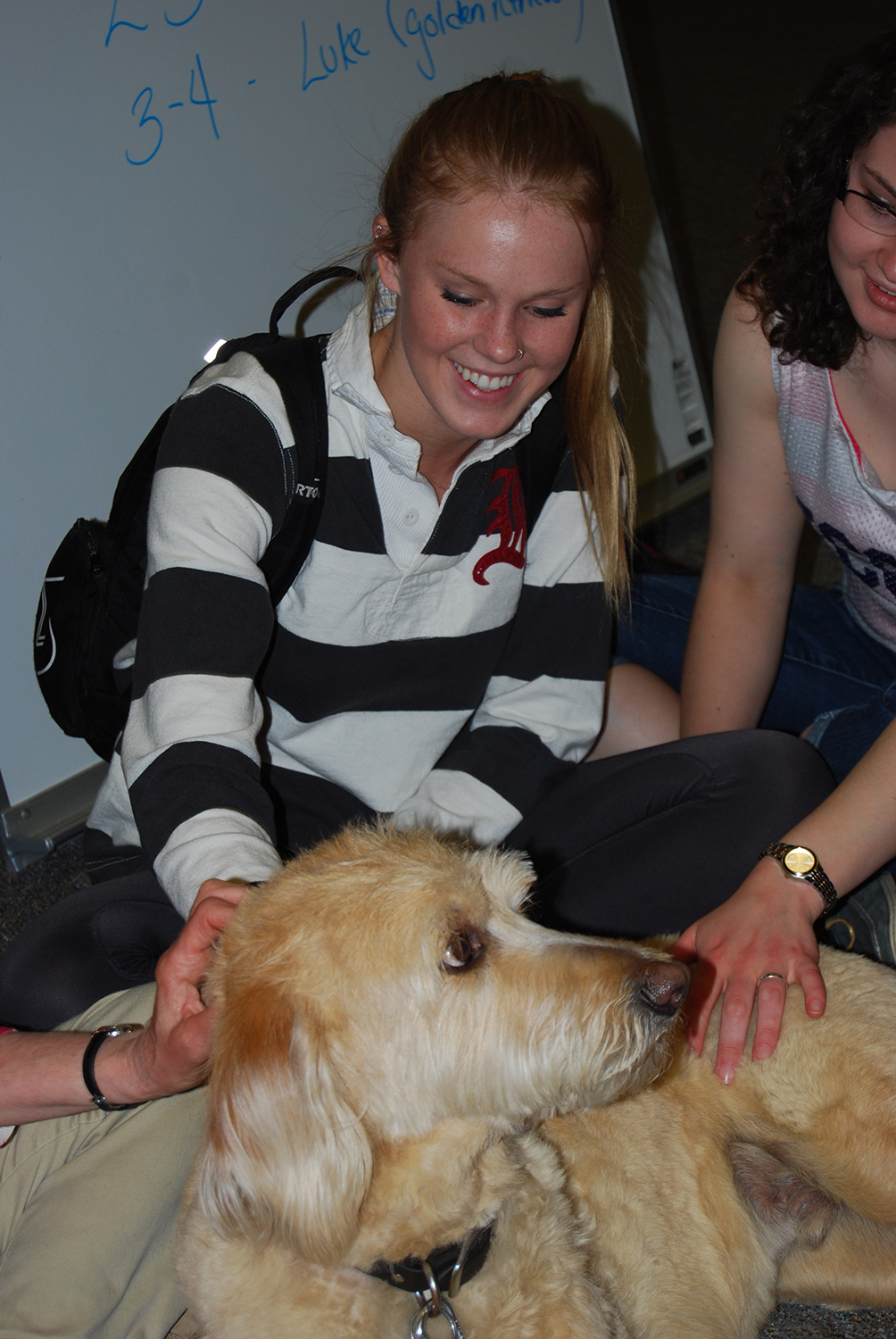The start of a new semester brings a welcome flurry of activity in the Library as students get settled into the rhythm of the semester. It also brings renewed concerns over the high-cost of textbooks and other resources students need to participate fully in their classes. We know this can be frustrating for students and look to use the opportunity to gain more momentum for our continuing efforts to educate faculty and students on the myriad of high quality, open educational resources available to them.
And already this semester we have some exciting news to share.
Overwhelming Faculty Support
At the September 21, 2015 UConn Senate Meeting, faculty Senators overwhelmingly approved the ‘Resolution in Support of the Open Textbook Initiative.’ The resolution urges faculty to utilize existing procedures to reduce costs to students including using library-licensed resources, assigning older editions of texts, rental programs, and complying with textbook request due dates form the UConn Co-op to allow them the opportunity to provide better buy back prices.
Additionally, through the resolution the Senate has encouraged faculty to continue to explore means to increase the use of high quality, low or no cost accessible materials. Having the faculty behind this measure is a pivotal piece of the puzzle.
A Game Changer
Gaining momentum is one thing, but Dr. Edward Neth is about to change the game. A lecturer in Chemistry and a member of the Provost’s Library Advisory Committee, Dr. Neth has done research into the availability of open source materials for the introductory chemistry courses being taught at UConn and was not able to find the right fit. So instead of updating the textbook he co-authored with other UConn faculty members, Dr. Neth has proposed creating an open source text that does fit.
Already of interest to other higher educational research institutions looking to expand their open educational resources, we are working to find funding sources to help provide the support to allow him to do this. If successful, Neth has suggested that conservatively this will save his students over $400,000 over a 5 year period. If the resource is adapted by his colleagues, the savings could reach near $1,000,000!
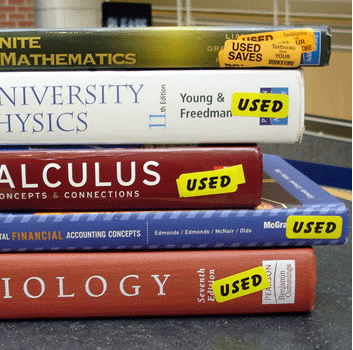 Student Activism Makes the Difference
Student Activism Makes the Difference
While many open textbook initiatives across the country have come from places like the library and faculty senates, here at UConn we have seen how students truly make the difference in moving critical initiatives forward. From grassroots efforts by UConnPIRG, to official student response via UConn Undergraduate Student Government (USG), we are energized by their commitment to their fellow students.
USG and UConnPIRG were partners in pushing for the successful passage of CT House Bill 6117. The bill, introduced originally by Representative Haddad, 54th District does three main things: (1) requires the Board of Regents for Higher Education and UConn to establish an open source textbook pilot program that assess the use of high-quality digital open-source textbooks and promotes their use; (2) completion of a report about the pilot by July 1, 2016 addressing the potential costs savings and barriers to the program; and (3) outlining best practices for utilizing these resources moving forward. Vice Provost Bedard has been asked to serve as one of UConn’s representatives to this group, as well as USG Senator Daniel Byrd, who has been a constant support of these efforts and on the University’s Open Textbook Initiative Committee. We are looking forward to seeing that work commence.
We are also beyond pleased to have the support of USG, who has recently committed funding to continuing the education efforts through an Open Textbook Symposium to be held this coming spring. This workshop will be a continuation of the efforts made in May, where we allowed faculty and staff to “kick the tires” of some of the textbooks available online and in print.
As the date of that draws near, we will provide more information. In the meantime, faculty members can mark their calendars for December 2 and join the Institute for Teaching & Learning’s Lunchtime Faculty Workshop devoted to learning more about affordable textbooks.
Other articles on the Open Textbook Initiative
Open Textbooks Key to Curbing Costs and Increasing Student Success, March 2015
Finding & Using Affordable Learning Resources, May 2015

